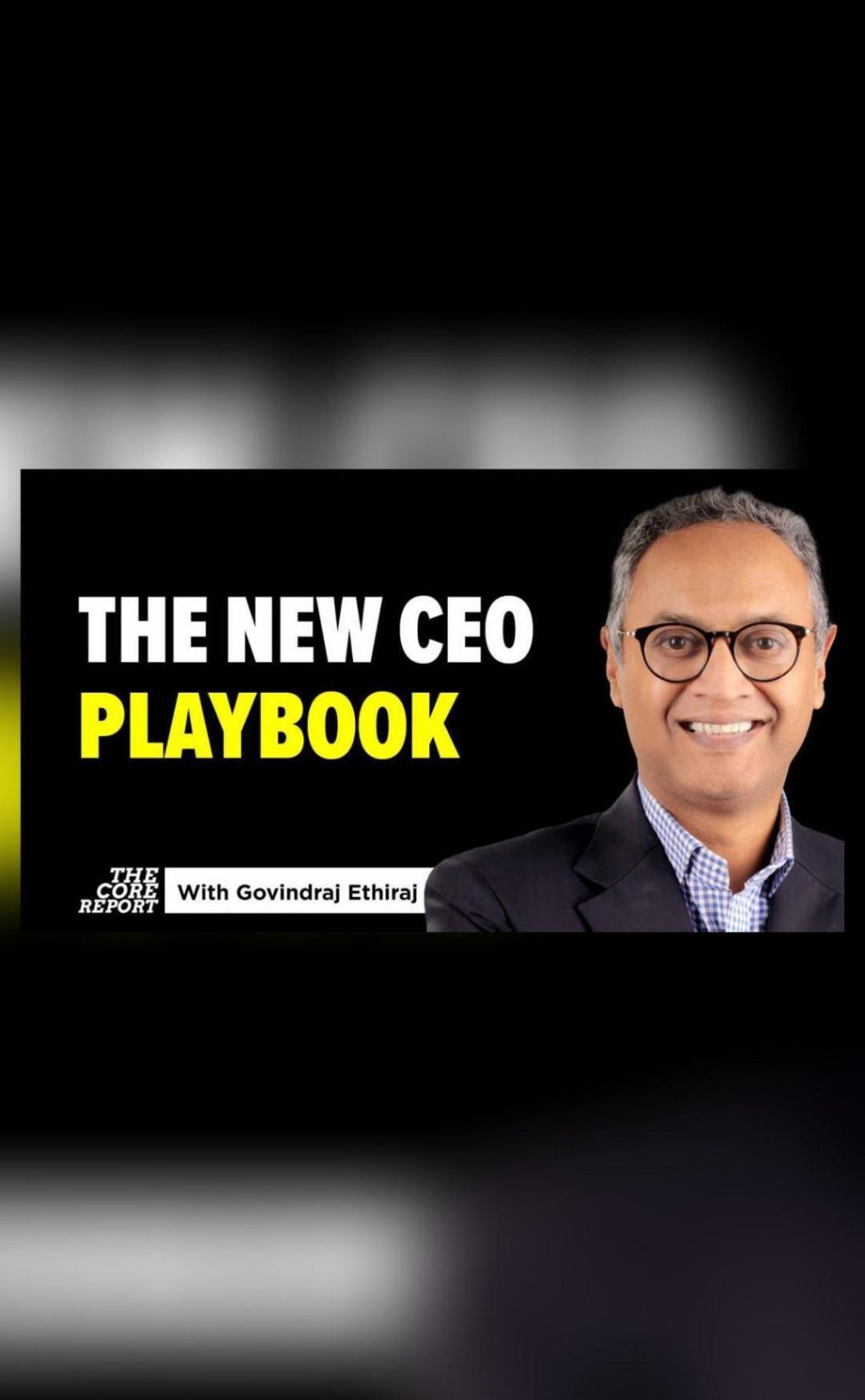
The New CEO Playbook: AI Pressures & Global Tariff Shocks
As the world continues to evolve at a breakneck pace, CEOs are facing unprecedented challenges that threaten the very foundations of their businesses. Artificial intelligence (AI) is reshaping industries, while global tariff shocks are disrupting trade and commerce. In this environment, CEOs must rethink their strategies, operations, and business models to survive and thrive.
The Pressure to Automate and Innovate
One of the most significant pressures facing CEOs is the need to automate and innovate. AI is transforming industries in ways that were previously unimaginable. From chatbots and virtual assistants to machine learning and deep learning, AI is changing the way businesses operate and interact with customers. To stay ahead of the competition, CEOs must invest in AI and other emerging technologies to improve efficiency, reduce costs, and enhance customer experiences.
However, this is not a trivial undertaking. Implementing AI requires significant investments in training, infrastructure, and talent. It also necessitates a fundamental shift in company culture, as AI demands a more data-driven and agile approach to decision-making. CEOs must be willing to challenge traditional ways of thinking and be open to experimentation and failure.
The Tariff Shock Factor
Meanwhile, global tariff shocks are causing significant disruptions to international trade. The protectionist policies of some nations, such as the United States, are leading to retaliatory measures from other countries. This trade war is having a ripple effect across industries, causing supply chain disruptions, price increases, and uncertainty for businesses and consumers alike.
CEOs must navigate these treacherous waters by diversifying their supply chains, identifying alternative markets, and building relationships with suppliers and customers in multiple regions. They must also be prepared to adapt to changing trade policies and regulations, which can happen suddenly and without warning.
The New CEO Playbook
So, what does this mean for CEOs? To succeed in this environment, they must be prepared to rethink their strategies, operations, and business models. Here are some key takeaways from the new CEO playbook:
- Localize and Adapt: With trade policies in constant flux, CEOs must be prepared to localize their operations and adapt to changing regulations. This may involve setting up new production facilities or sourcing products from local suppliers.
- Invest in AI: AI is transforming industries and businesses. CEOs must invest in AI and other emerging technologies to improve efficiency, reduce costs, and enhance customer experiences.
- Diversify Supply Chains: CEOs must diversify their supply chains to reduce dependence on a single supplier or region. This may involve building relationships with suppliers in multiple regions and identifying alternative sources of supply.
- Build Relationships: In a world of constant change, CEOs must build relationships with suppliers, customers, and partners to ensure stability and continuity. This may involve investing in customer relationship management systems and building strong supply chain partnerships.
- Focus on Innovation: In a rapidly changing world, innovation is key to success. CEOs must focus on innovation and invest in research and development to stay ahead of the competition.
- Manage Risk: CEOs must manage risk by diversifying their investments, hedging against market fluctuations, and building contingency plans for unexpected events.
- Communicate Effectively: Finally, CEOs must communicate effectively with stakeholders, including employees, customers, and investors. This may involve building a strong digital presence, investing in employee training, and engaging with customers through social media.
Conclusion
The new CEO playbook is all about adapting to a rapidly changing world. As AI reshapes industries and global tariff shocks disrupt trade, CEOs must rethink their strategies, operations, and business models to survive and thrive. By localizing and adapting, investing in AI, diversifying supply chains, building relationships, focusing on innovation, managing risk, and communicating effectively, CEOs can navigate these challenges and position their companies for long-term success.
Watch our video for more insights on the new CEO playbook: https://youtu.be/0osLVVtj7tY






